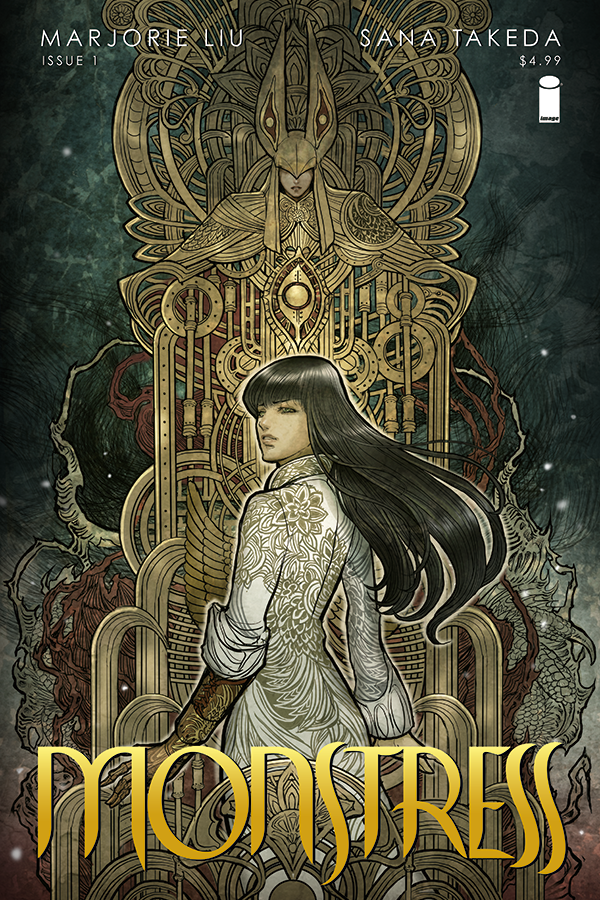In both commercials the man and the woman are applying for jobs. We don't see them actually applying for it, but will follow them through their day waiting for response from their future employer. Their daily routines are supposed to be matching the job they are applying for. The guy is portrayed as an average dressed young white male that does not stand out in the street view, but is also portrayed as a very helpful person. As he is cycling through the city he waves at an older lady, then he notices someone’s backpack is open and let’s that person know. Then as he is locking his bicycle, he turns someone’s (bicycle’s) light off and holds the door for a woman with a stroller. The commercial ends with the text message from his future employer who confirms he gets the job.
The female counter video shows the daily activities of a young Asian woman that also applied for a job. She is dressed in clothes that do not match the rest of the people in the streets. For example, she wears two pony tails and a lot of pink which make her seem to be a young girl. The woman is on the phone during almost the whole length of the clip as she is also giving directions to the people she comes across in the streets. As a gesture of saying goodbye and saying thank you, she bows. The last person she runs into, seems to be someone familiar who she is surprising by closing her eyes from behind. As they are hugging and talking, she gets the text message that brings her the good news. She also gets the job. In one of the last shots, we see her at her new job behind her desk, bowing towards one of her colleagues.
There are two major issues that I’d like to point out here. In the first clip, the main message is that the man is suitable for the job because it matches his personality. However in the woman's clip, it is not only her friendliness and helpfulness that get her the job. Apparently it was necessary to make the girl extra interesting for her employer by using a stereotype for Asian women, that includes bowing down and being submissive. First of all this stereotype is harmful because it tends to enhance the biased view we, the West, have on Asia and Asian people.
Second of all, the maker of the video is objectifying her, by shifting the emphasis from her personality to her appearance, by dressing her extra prominently and different from the rest of the people.
So to conlude, I argue that according to these videos, when it comes to applying for jobs, women are not only judged from what they are capable of but also from the way they look. In contrast to men who are interesting enough for their abilities only.
Further more, the mocking of the Asian woman by using an offensive stereotype empowers the defensive view the western world has on other cultures.









